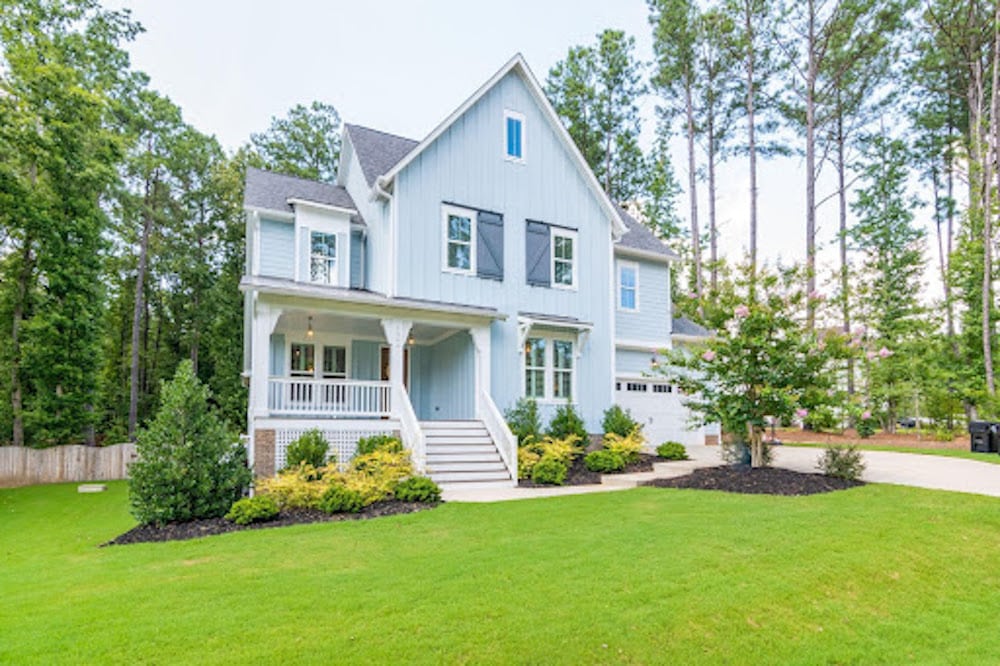If you’re considering getting into the business of rental arbitrage, it’s important to understand both the potential benefits and drawbacks of the practice. In a nutshell, rental arbitrage refers to the process of finding undervalued properties, usually foreclosures or short sales, and then renting them out at a higher price point. While there can be significant financial rewards associated with successful rental arbitrage, there are also risks that should not be ignored.
What is Rental Arbitrage?
Rental arbitrage is the practice of buying rental property at a lower price than the rent that it will generate. This can be done by finding a property that is being offered for sale at a discount, or by finding a property in an area where rents are low compared to the average rent for similar properties in that area.
Rental arbitrage can be a very profitable investment strategy if done correctly. By buying a property at a discount and then collecting more rent than the mortgage and other expenses, an investor can make a healthy return on their investment. However, there is always some risk involved with any type of real estate investment, so it’s important to do your research before getting started.
The Pros of Rental Arbitration
1. Constant Demand for Rental Properties
While the supply of rental properties may fluctuate with the economy, there is always demand for rental units. Arbitration can be a helpful tool for landlords when disputes arise with tenants. By working with a neutral third party, landlords and tenants can reach a resolution without going to court. This can save time and money for both parties, and it can help to preserve the landlord-tenant relationship. In addition, arbitration is often less formal than litigation, which can make it more comfortable for both parties to participate. For these reasons, rental arbitration can be a valuable tool for landlords and tenants alike.
- 2. You need little capital to start
You can get started with little capital since you’re not actually purchasing the property outright.
Rental arbitrage is a process whereby you purchase a property, usually below market value, and then rent it out for more than your monthly mortgage costs. This strategy can be an excellent way to get started in real estate with little capital, as you may not need a down payment if you find a good deal on a property. Additionally, the monthly cash flow from your tenants can help to cover your mortgage payments and other associated costs. Of course, rental arbitrage is not without risk, as you will be responsible for any repairs or vacancy periods. However, if you do your research and find a good deal on a property, rental arbitrage can be an excellent way to get started in the real estate market.
- 3. Low maintenance investment
Rental arbitrage is a strategy that involves finding properties to rent at below-market rates and then renting them out at a higher price. This strategy can be used with both residential and commercial properties. While it does require some upfront work to find bargain properties, rental arbitrage is a relatively low-maintenance investment once the properties are rented out. The main ongoing expense is the cost of property management, which can be significant if you own multiple properties. However, with proper management, rental arbitrage can be a profitable way to earn passive income.
The Cons of Rental Arbitration
1. Middleman
This can be a very lucrative business, but it comes with some inherent risks. The most significant risk is that you have very little control over the property itself. If the owner decides to sell or stop renting, you may be forced to find a new tenant.
You are essentially acting as a middleman, which means you have very little control over the property itself. If something goes wrong, you may have to deal with angry tenants and/or landlords.
- 2. Slim profit margins
If you’re thinking about becoming a landlord, you may be considering rental arbitrage as a way to turn a profit. Under this business model, you would purchase a property, rent it out at a higher price than the monthly mortgage payment, and pocket the difference. While this can be a successful strategy in some cases, it’s important to keep in mind that the profit margins can be slim. In order to make a significant profit, you would need to find a property with a very low purchase price and/or secure a high-paying tenant. And even then, you would need to factor in the costs of repairs and maintenance. As such, rental arbitrage is not for everyone. But if you’re willing to do your research and take on some risk, it could be a viable option for generating income from a rental property.
- 3. Market risk
There is always the risk that the market could change and your rental property could become worthless. Rental arbitrage is the process of finding undervalued properties and renting them out for a profit. While this strategy can be profitable, there is always the risk that the market could change. For example, if property values in the area rise, you may no longer be able to make a profit on your rental property. Additionally, if the demand for rental units decreases, you may find yourself with vacant property. As with any investment, it is important to do your research and understand the risks involved before you commit to rental arbitrage.
Bottom Line
If you’re thinking about getting into rental arbitrage, it’s important to weigh the pros and cons carefully before making any decisions. While there can be significant financial rewards associated with successful arbitrage, there are also risks that should not be ignored. Do your research and talk to experienced professionals before moving forward.


